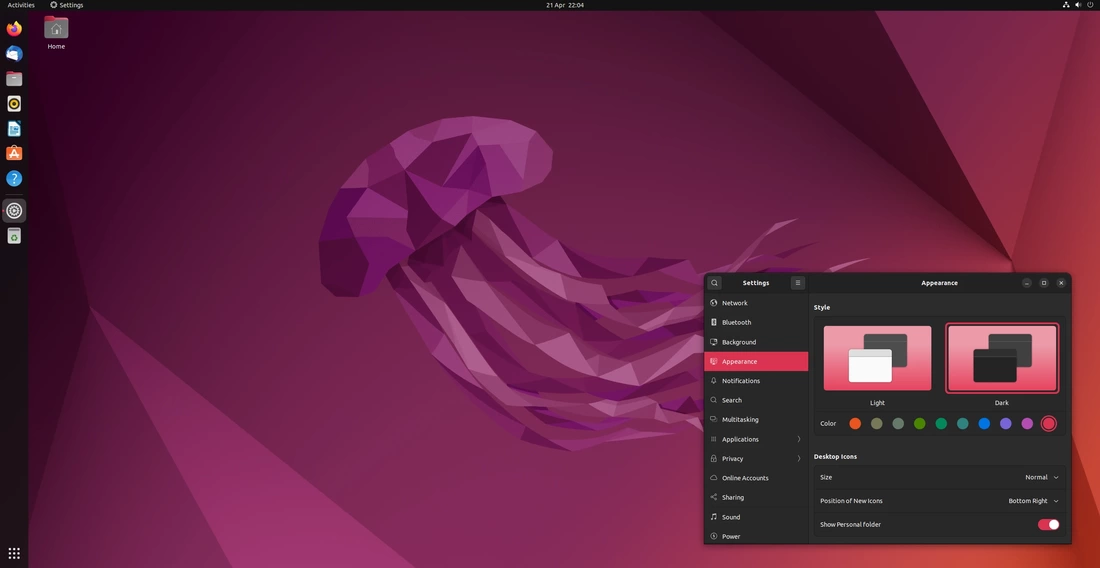|
Linux is a subset of UNIX, a much older operating system that was first deployed on servers as a command-line operating system. Since the operating system is free and open source, anyone can download it and alter the source code (if they know how to programme, of course). There are Linux variants available for practically every type of computer system.
The fundamental thing about open source software is that anyone can make changes and distribute this new version to the public. Open source software is typically free (you might have to pay to licence some software for business use). In contrast, a business or individual owns commercial software, such as Windows, and they are the only ones with the authority to create, alter, and sell it. A distribution, or distro, is a version of Linux that has been packed with utilities and add-ons appropriate for a certain use. The term "desktop environment" (DE) refers to the unique user interface that each distribution has. Ubuntu Linux is one of the most widely used computer operating systems, and you can download it for free online. The graphical interface for Ubuntu Linux is depicted in Figure 1-16. Although Chrome OS and other well-known operating systems are based on Linux, they often have their own distinctive user interfaces and many other changes.
0 Comments
Leave a Reply. |
AuthorAnything you need to know about computer science Archives
May 2023
Categories
All
|

 RSS Feed
RSS Feed